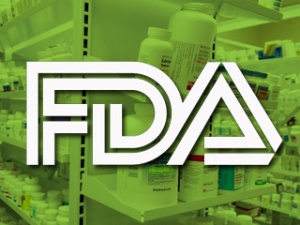Who Should Determine Drug Labeling Language: Juries Or The FDA?
 |
Wyeth vs. Levine is an important legal case being tried before the US Supreme Court. You may have read about the lawsuit in the New York Times, NEJM, JAMA, the Wall Street Journal, or my own blog. It revolves around the tragic story of a woman (Ms. Levine) who experienced an extremely rare side effect (severe tissue damage resulting in the amputation of her right arm) because a drug was administered improperly (into an artery rather than a vein). Ms. Levine is arguing that her injury could have been avoided if the drug label had stronger warning language, and the Vermont Supreme Court ruled in her favor, awarding her $7 million. The court ruled that a jury in the state of Vermont had the right to hold Wyeth accountable for a different labeling standard than the one approved by the FDA.
The plot thickens, however, in that Wyeth’s FDA-approved label very clearly discourages injection of their drug into or near an artery, and it also describes the potential consequence (including gangrene) of such an action. The FDA approved Wyeth’s label in full knowledge of the potential risks and benefits of the drug. In fact, Wyeth asked to strengthen the language of the label before Ms. Levine was injured, and the FDA declined to make the change because label changes are based on new information about a drug’s frequency or severity of risks. Wyeth had nothing new to disclose. Read more »










